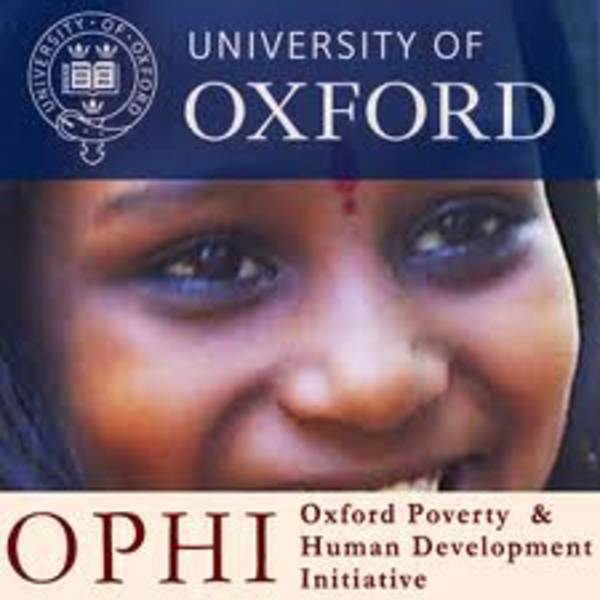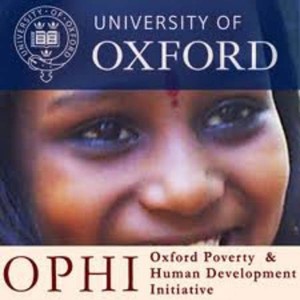Poverty in Nigeria is waning, according to a study by Oxford Poverty and Human Development Initiative (OPHI). The study of its Multidimensional Poverty Index (MPI) of 2013, puts Nigeria and several developing countries, as improving — combating poverty. This, largely to aid and trade, measured with indicators, show a rise in income of those in the poverty line, and more rising out of that line.
According to the report, “The MPI reflects both the incidence or headcount ratio (H) of poverty – the proportion of the population that is multidimensionally poor – and the average intensity (A) of their poverty – the average proportion of indicators in which poor people are deprived. The MPI is calculated by multiplying the incidence of poverty by the average intensity across the poor (H×A).”
A person is identified as poor if he or she is deprived in at least one third of the weighted indicators. The following table shows the multidimensional poverty rate (MPI) and its two components: incidence of poverty (H) and average intensity of deprivation faced by the poor (A). The first and second columns of the table report the survey and year used to generate the MPI results. Those identified as “Vulnerable to Poverty” are deprived in 20% – 33% of weighted indicators and those identified as in Severe Poverty” are deprived in 50% or more.”
The report compares poverty over the years in Nigeria, looking at what people have access to, categorize many according to poverty levels. You can download the report here.



